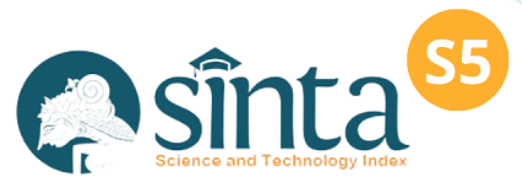Prediksi Gangguan Kesehatan Mental pada Kalangan Mahasiswa Menggunakan Metode Pseudo-Labeling dan Algoritma Regresi Logistik
DOI:
https://doi.org/10.46880/tamika.Vol4No2(SEMNASTIK).pp40-48Keywords:
Mental Health, Pseudo-Labeling, Logistic RegressionAbstract
Mental illness is a health condition that alters a person's thoughts, feelings, or behaviors, leading to distress and difficulty in maintaining a normal life. Mental health issues should not be taken lightly due to the challenges associated with diagnosis. Many students tend to experience mental health problems at various stages of their education, from diploma programs to doctoral studies. This situation becomes more critical as students approach the end of their studies and anticipate future prospects. This article explores the mental health status of students through symptoms, using logistic regression methods for prediction based on the dataset used. In this study, two types of data are employed: labeled dataset and unlabeled dataset, which are combined to create a semi-supervised learning approach. Labeled dataset is classified using a logistic regression algorithm, while unlabeled dataset employs the pseudo-labeling method. The analysis and modeling of the dataset indicate that the comparison between labeled and unlabeled dataset can significantly affect accuracy and processing time. Furthermore, the use of the pseudo-labeling method with the logistic regression algorithm is well-suited for the mental health case study, achieving an accuracy of 98% with a labeled to unlabeled dataset ratio of 1:2.
Downloads
Published
Issue
Section
License
Copyright (c) 2024 Anggraini Puspita Sari, Dwi Arman Prasetya, Firza Prima Aditiawan, Muhammad Muharrom Al Haromainy

This work is licensed under a Creative Commons Attribution-NonCommercial 4.0 International License.








